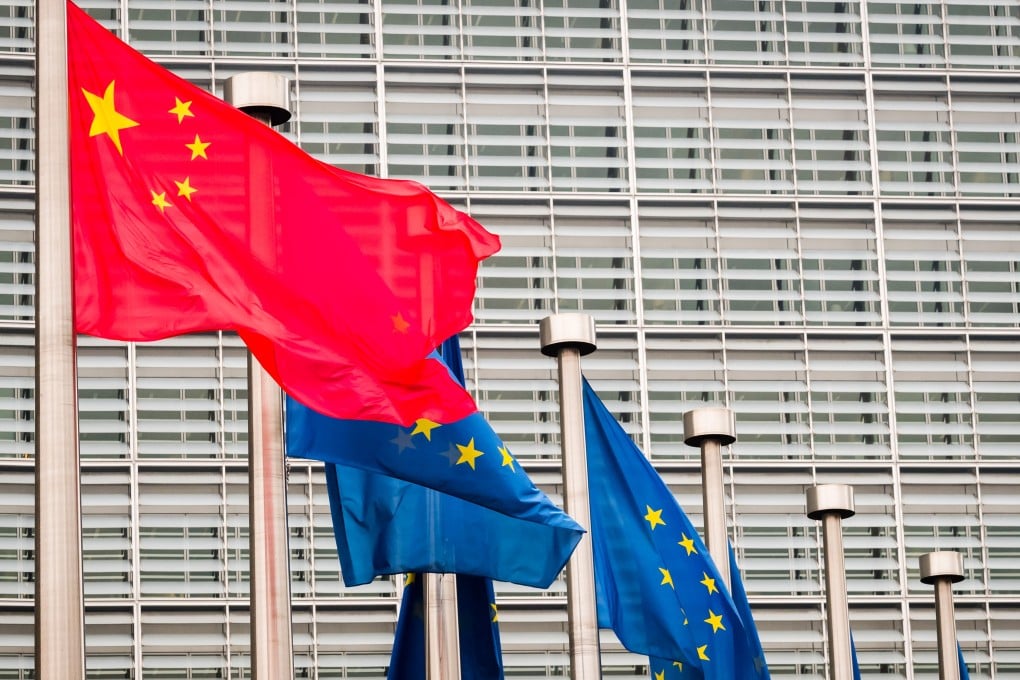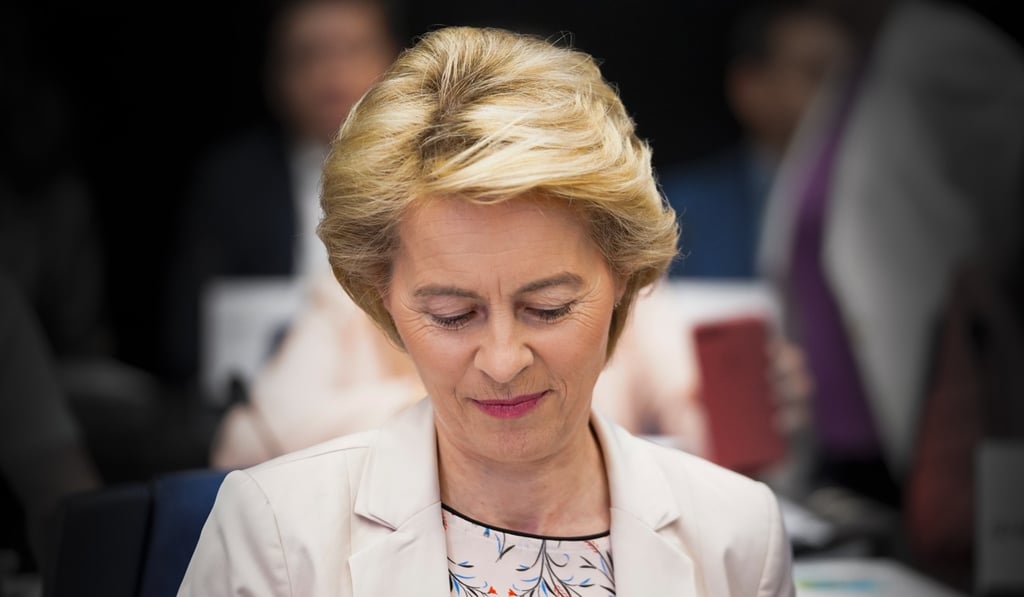European Commission’s next leaders take tough tone on China
- Incoming senior members of the EU’s executive branch show willingness to confront Beijing during hearings to confirm their appointments
- Chinese investments in Europe among the matters set to come under greater scrutiny when new executive takes over in November

Three of the most powerful members of the incoming European Commission have taken a swipe at China during their confirmation hearings, again suggesting Brussels’ readiness to take a tough line on Beijing’s geopolitical and economic ambitions in the next five years.
Von der Leyen would be “ready to highlight the differences in equal length with, if not more than, the commonalities shared between the [European Union] and China”, an EU source involved in Asian policymaking said.
In real terms, according to multiple sources, Brussels is prepared to build alliances with democratic Asian countries; to speak out more forcefully on China’s human rights issues and unfair trade practices; to continue to label China a strategic rival; to encourage more stringent checks on investments from China, especially its state-owned enterprises; and to give Africa and the Balkans a bigger incentive to work with the EU, rather than China.

One of the most forceful rebuttals to China among von der Leyen’s cabinet members came from Phil Hogan, the incoming trade commissioner, who testified at the European Parliament’s confirmation hearing last week.